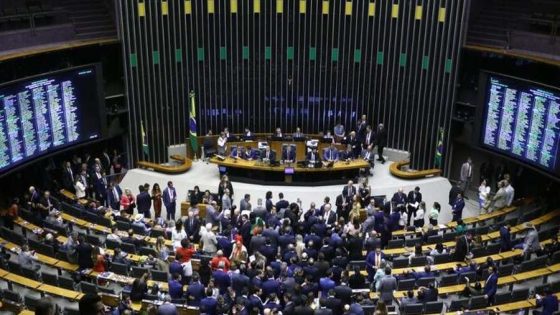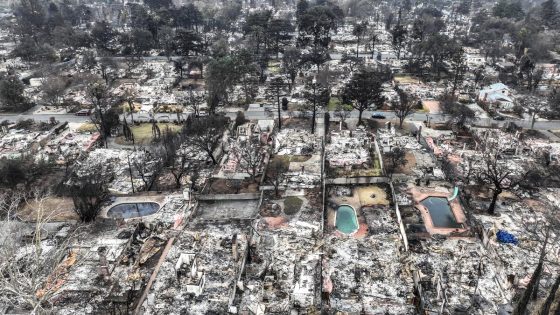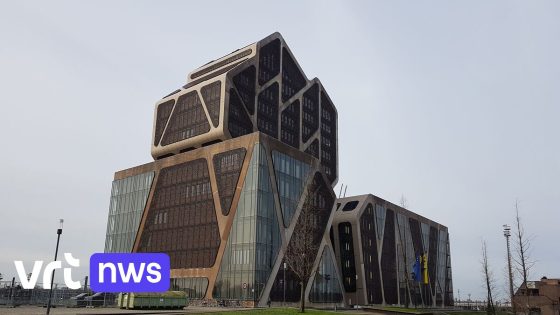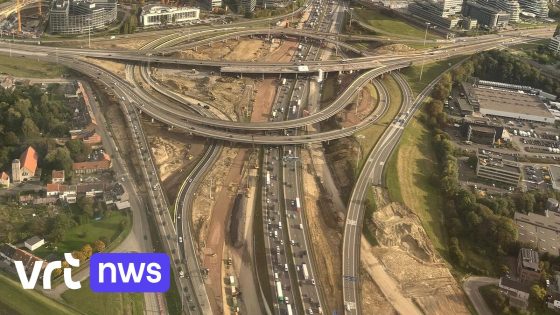The recent election of the new Mesa Diretora da Câmara dos Deputados marks a significant change for the Rio Grande do Sul. On February 3, 2025, Hugo Motta from the Republicanos was elected president, but the state lost its representation in this important body.
- New Mesa Diretora elected in Congress
- Hugo Motta is the new president
- Rio Grande do Sul lost representation
- Maria do Rosário served as 2nd secretary
- Lula da Fonte assumes secretarial role
- Pompeo de Mattos was a substitute deputy
Previously, Maria do Rosário from the PT served as the 2nd secretary, a role that managed diplomatic passports and official visas. Now, this position will be held by Lula da Fonte from Pernambuco, leaving the state without key representation.
New Leadership in Brazil: What It Means for Rio Grande do Sul
How will the new leadership affect local representation? The recent changes in the Mesa Diretora could lead to diminished influence for Rio Grande do Sul in national discussions. With the loss of Maria do Rosário and Pompeo de Mattos, the state may struggle to voice its needs effectively.
Impact of Leadership Changes on Local Politics
The reshuffling of the Mesa Diretora raises questions about the future of local politics in Rio Grande do Sul. With new leadership, the state must adapt to ensure its concerns are addressed. The absence of influential representatives can lead to a lack of attention to pressing issues.
Key Changes in the Mesa Diretora
Understanding the changes in the Mesa Diretora is crucial for gauging their impact on local governance. Here are some key points:
- Hugo Motta elected as the new president.
- Maria do Rosário’s role as 2nd secretary is now held by Lula da Fonte.
- Pompeo de Mattos served as a substitute but is now out of the leadership structure.
- Potential for decreased focus on Rio Grande do Sul’s issues in federal discussions.
What’s Next for Rio Grande do Sul?
As the new leadership takes charge, Rio Grande do Sul must strategize its approach to maintain influence. Engaging with other states and building alliances in Congress may be vital for ensuring that local interests are not sidelined. How will the state adapt to these changes?
Community Response and Future Outlook
The community’s reaction to these changes will be pivotal. Residents and local leaders must voice their concerns and advocate for their needs. Will the state find new ways to assert its influence in the national arena? Time will tell as the new leadership settles in.

































